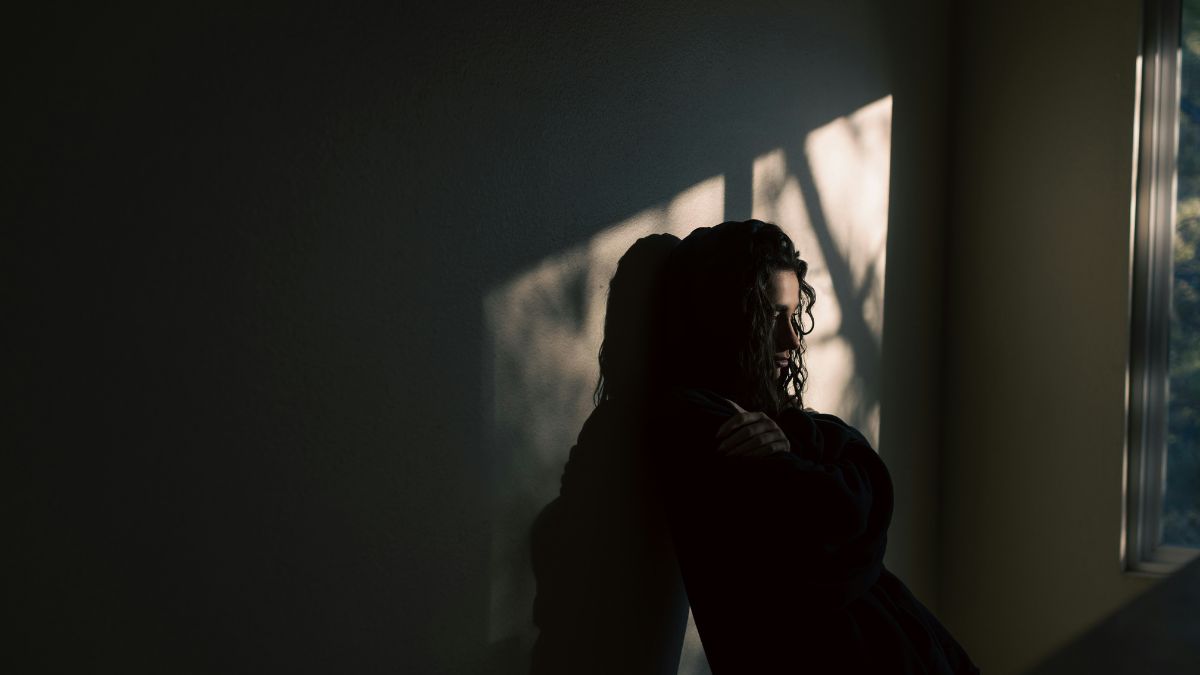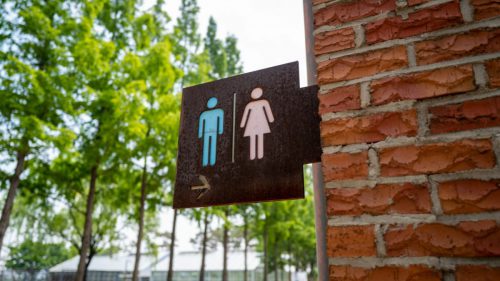


 (Note: This article contains major spoilers about “Star Wars: The Force Awakens.”)
(Note: This article contains major spoilers about “Star Wars: The Force Awakens.”)
What is left to say about women’s roles in the new Star Wars movie? The fact that a young woman named Rey (Daisy Ridley) is learning to wield the Force and the lightsaber this time, instead of a young man named Luke, has attracted its full share of cultural commentary. Is Rey the heroine we’ve been waiting for, or is she just a Mary Sue, too perfect to bear any resemblance to reality? Does her presence signal that we’ve arrived at full gender equality in the movies, or do we still have a long way to go? Or are her lead status and her formidable skills supposed to suggest actual superiority to males—and if so, does that mean the Star Wars franchise has sold out to a mindset that denigrates men in order to lift up women?
It’s that last pair of questions that takes my train of thought in a slightly different direction. We can’t answer them without taking the time to study the male roles in “Star Wars: The Force Awakens” more closely. When we do, we find one role that only a man can play, being played in a most uplifting way.
Fathers, Daughters, and Sons
The Star Wars films have always placed special emphasis on fathers, both good and bad, and the legacy they pass to their children. In “The Force Awakens,” it falls to Han Solo, of all people—Harrison Ford’s reckless and charming rogue whom we met back in the first Star Wars movie—to demonstrate noble fatherhood.
Rey may be strong, clever, and an extremely good mechanic and pilot for one of her tender years, but like the rest of us, she can’t exist in a vacuum. She lost her family long ago, and has clearly suffered from the loss. When she meets Han Solo, she helps him repair and fly his hobbled spacecraft, in a sequence that does make her skills seem too good to be true. But what we miss, if we’re too busy rolling our eyes over that, is that there’s more than one force (sorry) at work—that we’re seeing not just the strength of a woman, but also the compassion of a man. Han’s respect, his trust, and his unobtrusive guidance in the areas where she doesn’t know quite as much as he does (such as how to fire a blaster), meet a deep need that has gone unmet for most of Rey’s life.
This is quickly picked up on by the villain of the piece, Kylo Ren (Adam Driver), when Rey falls into his hands. Able to read her thoughts, Ren discerns that Rey thinks of Han as a father. He has little to say on the subject, beyond a terse “He would have disappointed you.”
He’s wrong, as Han will eventually show up with Rey’s friend Finn (John Boyega) to help her escape. But it’s not really her relationship with Han that’s on Kylo Ren’s mind; it’s his own. We’re dealing with the same old troubled father-son relationship we had with Vader and Luke way back at the start of this series, only it’s been flipped. Now it’s the father, Han, who’s determined to win back his erring son, Ren.
As is usually the case with Star Wars, we’re fed just a little backstory at a time, so there’s much we don’t know about this family’s history. We do know that Han Solo is, as always, far from perfect; his son’s rebellion caused tension in his marriage and sent him on the run, far from home. Now he doubts his own ability to influence the young man. But urged on by wife Leia (Carrie Fisher)—“You’re his father,” she says simply, as if that means everything—Han summons the courage to confront Ren.
The Weak and the Strong
From their brief, powerful meeting, we gather this much: It wasn’t a lack of fatherly love that sent the son to the Dark Side. Something else is going on here. As Han approaches his prodigal son, Kylo Ren accuses him of being “weak” and “foolish,” and declares his own intention not to be like that anymore.
But wait a minute. He’s talking to Han Solo—the daring adventurer-turned-war-hero with the cocky smile, whose exploits have won the adulation of generations. Han Solo is weak and foolish? Compared to what?
Compared to Darth Vader, Ren’s maternal grandfather. In a short scene earlier in the film, we saw Ren address Vader’s spirit and ask him for help. He knows the story of that famous tyrant (though he seems to have slept through the part where Vader finally turned away from darkness), and that’s his chosen role model. That’s the kind of power and strength Ren wants.
That’s what drives him to murder Han Solo, at the moment when Han has just begged him to come home and promised to do “anything” to help him.
Now, say what you will about the problems with the Star Wars films—the sometimes clunky dialogue, the plot holes, the inconsistencies and coincidences and the religious jargon that gets downright wacky—there are some things they do very well, and I don’t just mean depictions of spaceships and giant planet-destroying weapons. One of those things is depicting familial love, and another is creating iconic images.
Both come into play when the dying Han Solo reaches up with one hand and cradles the cheek of the son who just ran him through with a lightsaber. Without that gesture, Han’s death scene would have been simply horrifying; that last forgiving touch transformed it into a poignant moment will take its place with the greatest moments of the series.
A Role for Everyone
But I’ve gone off on a tangent—we were talking about male and female roles, weren’t we? In the Internet age, where these things are disputed all day long and every one of your Facebook friends seems to be taking a different side, sometimes it’s difficult to figure out exactly where to come down. But the particular debate inspired by “The Force Awakens” misses something when it concentrates solely on the female characters, because there’s a lot here that’s helpful when we’re thinking about masculine paradigms and how they play out.
We have the still-resonant memory of the cruel and powerful villain that was Darth Vader. And we have the grandson who idolizes him, tries to be like him, and partially succeeds for a time—but finally ends up seeming petulant and, yes, weak, prone to temper tantrums that undermine the aura of cool confidence he strives for. (The hilarious Twitter parody account “Emo Kylo Ren” didn’t just come out of nowhere.)
But then we have some men who demonstrate genuine strength. Finn is one of these—a former stormtrooper who has deliberately turned his back on the murderous ways of Ren and his First Order, and chosen goodness. Another is Kylo Ren’s father.
Frankly, when Han Solo strode onto the bridge where he would face Ren, I was rooting for him to give the little punk a beatdown. And he just might have pulled it off, even though he was so much older now than when we first met him. Harrison Ford has earned a lifetime’s worth of action-hero capital playing not just Han Solo, but also Indiana Jones and Jack Ryan and heaven knows how many other tough guys, and he cashed in every bit of it here—but not through flashy heroics. He did it when his character showed heroic—dare I say Christlike?—love. Nothing he could have done would have been manlier than that.
It’s a classic paradox: The weak and foolish (or those who appear so to the tyrants of the world) will shame the strong.
So does the precociousness of Rey suggest that there’s nothing left for men to do in the Star Wars series? Not by a long shot. Rather, when we see it in the context of the community around her—especially when she finds encouragement and inspiration from one brave and loving father—we see that there’s plenty of heroism to go around, and that everyone, regardless of gender, has a part to play and a way to help. If we take away any lesson from the gender dynamics of “The Force Awakens,” that should be it.
Gina Dalfonzo is editor of BreakPoint.org and Dickensblog.
Have a Follow-up Question?
Want to dig deeper?
If you want to challenge yourself as many others have done, sign up below.














